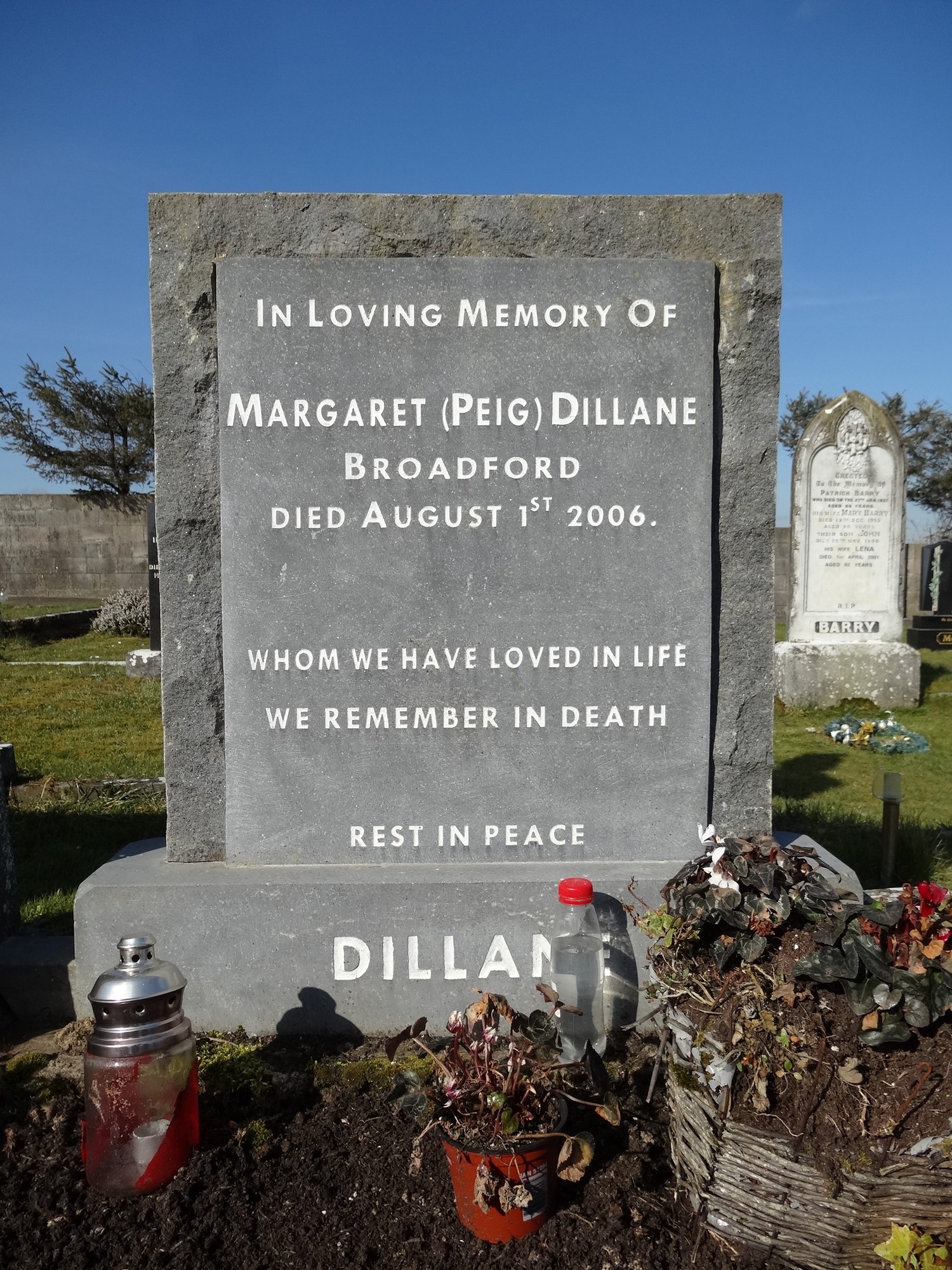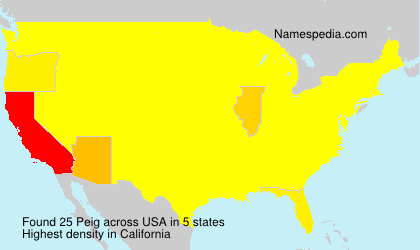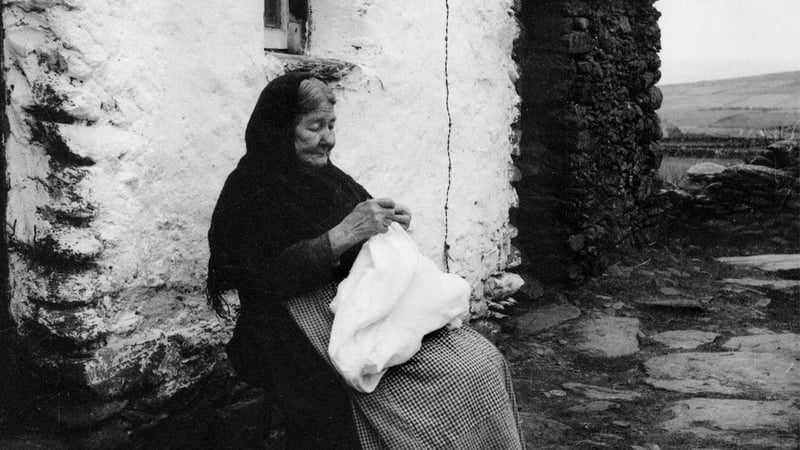
There are also quite a few of common adverbs which are so stressed, above all these:Ībhaile "home" (movement) abhus "on this side" aduaidh "from the north" ("northward" is ó thuaidh, "in the north" is thuaidh, and "the North" is an Tuaisceart) amach "out" (movement) amuigh "out" (state) amainiris "the second day after tomorrow" amanathar "the day after tomorrow" ( arú amárach is probably more common) amárach (dialectally even amáireach) "tomorrow" anall "from the other side, to this side" aneas "from the south" ("southward" is ó dheas, "in the south" is theas, and "the South" is an Deisceart) aniar "from the west" ("westward" is siar, "in the west" is thiar, and "the West" is an tIarthar) anocht "tonight" anoir "from the east" ("eastward" is soir, "in the east" is thoir, and "the East" is an tOirthear) anóirthear (dialectally in Ulster even anóirtheal) "the day after tomorrow" also "the second day after" - i.e. Some borrowed words, notably tobac = "tobacco" are stressed on the second syllable. coiligh = "cocks, roosters" is stressed on the first syllable, not the second.

Inflected forms without the ch have initial stress e.g. Thus, a word such as coileach = "cock, rooster" will, in Munster dialect, be stressed on the second syllable, but díreach = "direct, straight" still bears initial stress. In these stress is attracted to the second syllable if it includes a long vowel or diphthong or if it ends in ch and the first syllable is short. Stress, in Irish, is usually on the first syllable, except in the southernmost (Munster) dialects. The lips are tenser, almost as if you were tightening them in exasperation. The slender b is pronounced sometimes as if in the Scandinavian "Bjorn" (/bʲ/) for example or like the b in English "bet". The broad b is pronounced almost as if it were "bw" (/bˠ/) or something like the b in the English word "but" (as pronounced in Ireland), using both lips, as if you were about to kiss someone! To the Gaelic ear the sounds are, to a degree, interchangeable. The alternative pronunciation "shoe-un" (approx.) exists in Munster and Ulster. Shivaun) does not correspond to any modern regional pattern. The standard pronunciation of Siobhán (approx.

Surnames and personal names may not always follow the pattern either. For example, in Munster, I have heard "Abhainn" (river) and "amháin" (sole, single or only) pronounced with a 'v' sound. Within the regional variations, there are also local variations. I've never been able to figure out exactly how it works in Connacht (e.g., the final syllable of "Gaillimh" (Galway) is pronounced "ih" in Galway but "iv" in Donegal or Kerry). In Munster (as in the Western isles of Scotland), the tendency is to pronounce it as a 'v' at the beginning or the end of a word and 'w' in the middle. In Ulster, the general rule is that they are pronounced 'w' when broad and 'v' when narrow. Note: the pronunciation of "mh" or "bh" varies regionally.


bh is pronouced as a v sound e.g., sa bhearna ("in the gap") is pronounced 'sa varna' (/sˠa ˈvaɾˠn̪ˠə/).mh in the centre of a word is pronounced as a v sound e.g., nimh ("poison") is pronounced 'niv' (/nʲɪvʲ/).mh at the start of a word is pronounced as a w e.g., mo mhála ("my bag") is pronounced 'mu wall-ah' (/mˠʊ ˈwaːl̪ˠə/).Irish spelling often baffles the beginner. Wikipedia has related information at Irish phonology 9.2 The t- that is prefixed to words beginning with a lenitable initial s.6.1 Lenited Consonants inside the word - Na Consain Shéimhithe laistigh den Fhocal.


 0 kommentar(er)
0 kommentar(er)
